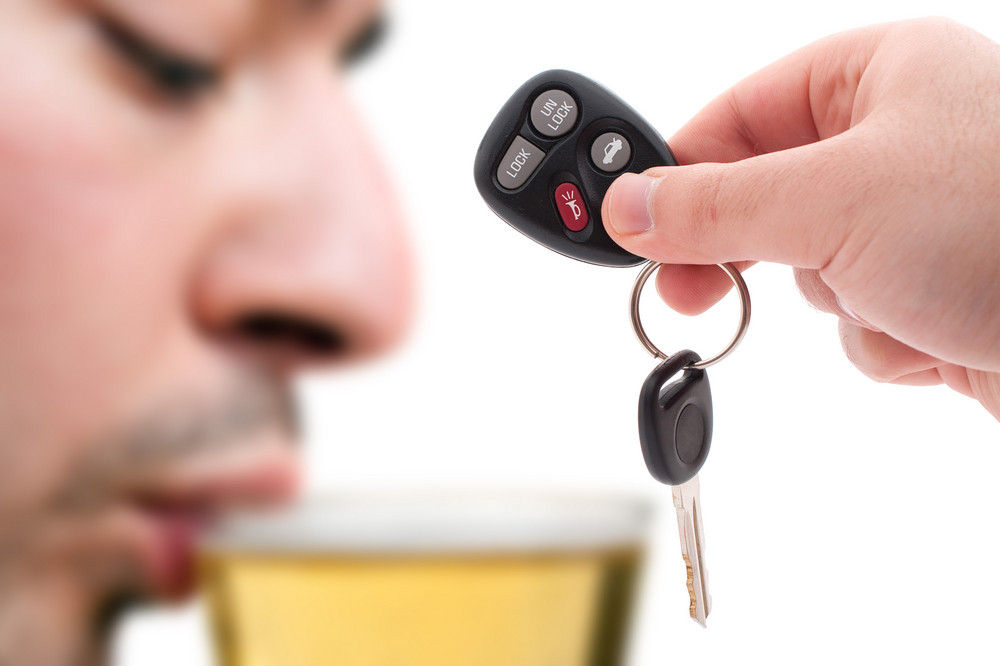
As your teen reaches the legal driving age, it can be an exciting, yet nerve-wracking time in life. Teaching your teen the importance of driving cautiously, legally, and without being impaired is essential to minimize their risk of experiencing an accident while on the road. When your teen knows the risks of driving while drinking, they are more likely to take potential accidents seriously while taking precautions to protect themselves anytime they are behind the wheel.
Educate Your Teen About the Risks of Driving While Impaired
In 2020, according to the CDC, more than 11,600 people were killed while driving while impaired. Approximately 93% of all police officers in a survey conducted by Pew Research Center stated they had become more concerned over increased risks and dangers on the job in recent years. Expressing the importance of operating a vehicle while sober cannot be understated, especially as your teen reaches adulthood and may have the ability to drink legally in just a few short years.
Spend time reviewing data, statistics, and facts surrounding DUIs and teenagers in the USA so your teen is familiar with the potential risks. Be sure to reiterate that it is also not legal for any teenager to consume or possess alcohol and that the legal drinking age in the United States is currently 21 in all 50 states. It's also imperative for you to set your own ground rules as a parent to help guide your child in the proper direction without causing them to turn to negative influences and potential substance abuse.
Nighttime Driving is Risk
Most often, alcohol-impaired drivers find themselves in accidents and collisions during the night, between 9:00 P.M. and 3:00 A.M., according to Jason Skala, a personal injury attorney. Restricting your teen from driving after dark is one of the best ways to prevent potential accidents from occurring, even if they are due to no fault of your teen. Set ground rules in place that prohibit your teen from driving past a certain time unless they have explicit permission to do so in the home. If your teen goes against your set rules, you can also restrict them from driving entirely until you have deemed they have learned their lesson.
Calling the Police and Emergency Services is Essential
If your teen is ever in an accident, regardless of who is at fault and the cause of the accident, it's important for them to contact police and emergency services immediately. Inform your teen of the consequences of leaving the scene of an accident, even if they are under the influence of alcohol or drugs at the time. Teach your teen the importance of taking responsibility for their actions while also seeking help or emergency services for anyone else who may also be at the scene of the accident.
Retaining Legal Counsel May Be Necessary
If your teen is found to be alcohol-impaired while behind the wheel, resulting in a collision or any type of accident, they will need to know how to go about retaining proper legal counsel and representation. Currently, more than 1.35 million lawyers are living and working in the United States alone, according to Go Remotely, making it easier than ever to seek legal representation in a time of need. Finding a lawyer to represent your teen can be done with recommendations from those you know and by taking time to research law firms and attorneys near you from home, online.
Teaching your teen the importance of driving sober anytime they are behind the wheel is crucial as a parent, regardless of drinking laws and age requirements in the country you live in. When your teen is aware of the potential risks of drinking while under the influence and how alcohol impairs the brain and its ability to make sound decisions, they will be less likely to make irrational decisions once they are independent and on their own.


























